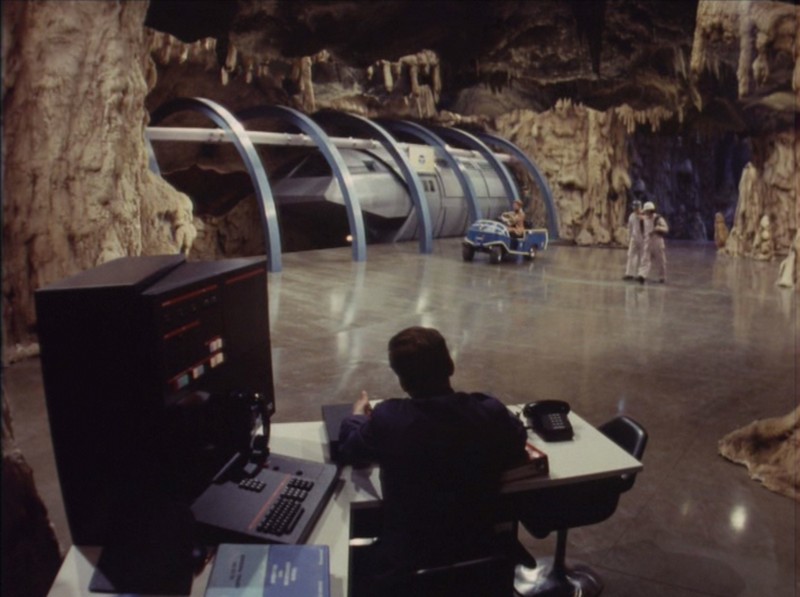ServerKing
[H]ard|Gawd
- Joined
- Mar 11, 2005
- Messages
- 1,730
-I would much rather be in a transporter lolThis was prettymuch my thought. Being the bullet on a 2000 mile long railgun where any flaw could turn into a catastrophic event not just for the car but the surrounding buildings doesn't seem like anything to rush into.
Also why invest in this technology when we already have fast aircraft like the transcontinental condors they retired....I dont understand why we cannot build faster airplanes like that when they were what almost 20yrs old and still were running fine?
![[H]ard|Forum](/styles/hardforum/xenforo/logo_dark.png)
